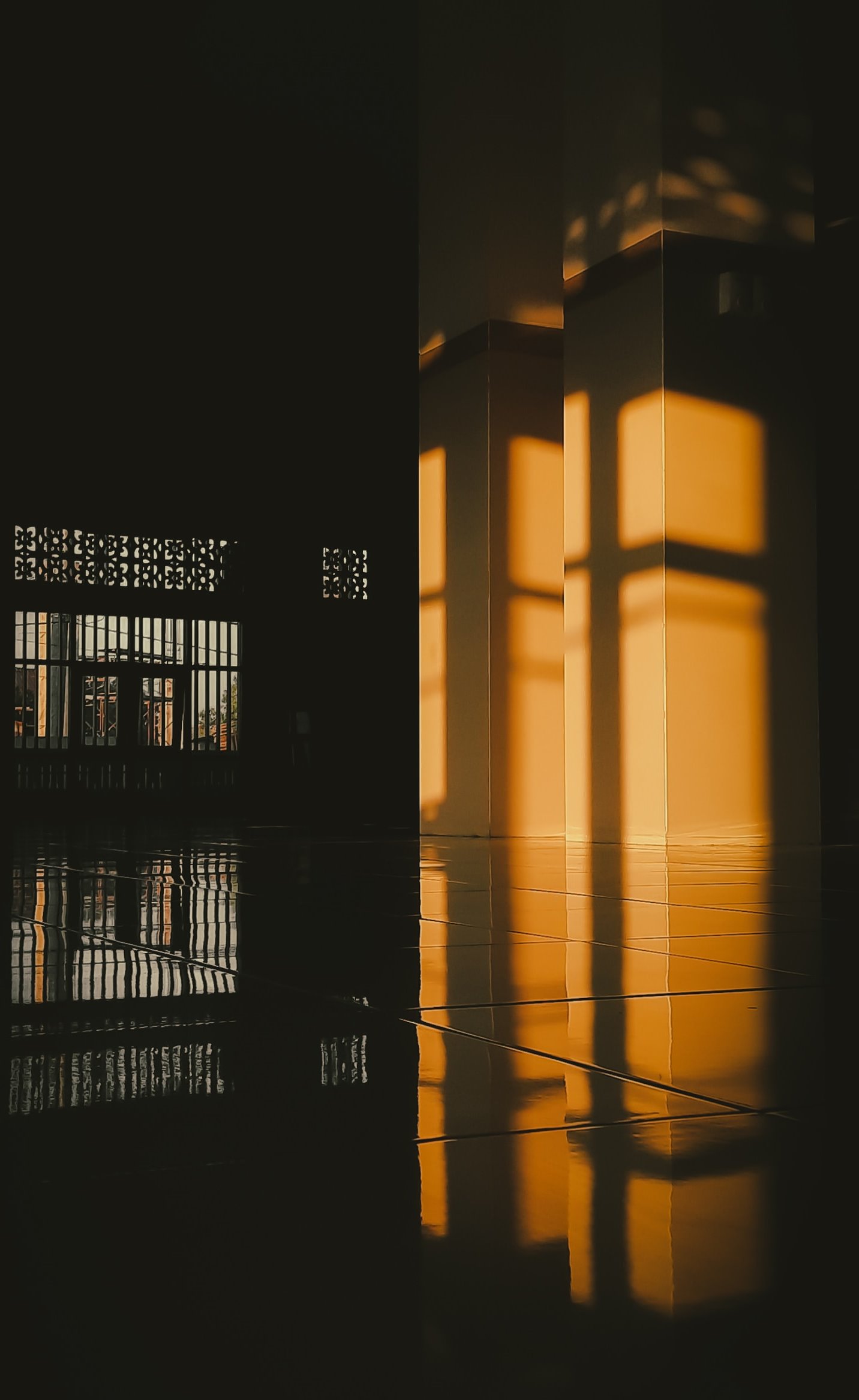Jihad is an Arabic term that literally means “struggle” or “striving.” It is a central concept in Islam with a broad range of meanings, and it is often misunderstood or misrepresented. In the Islamic context, jihad is about striving in the way of God (Allah) to fulfill one’s religious duties and to improve oneself and society. It can take different forms, from personal spiritual efforts to broader social and political efforts.
Here’s a breakdown of its different meanings:
1. Personal Struggle (Greater Jihad)
- Spiritual Struggle: The most important and often referred to as the “Greater Jihad,” this refers to the internal struggle that every Muslim faces to live a righteous life according to the teachings of Islam. It involves striving against one’s own sinful inclinations, improving oneself, seeking knowledge, and living a life of piety and virtue.
- Moral and Ethical Striving: This includes efforts to act justly, control anger, avoid greed, and help others. It’s a lifelong commitment to becoming a better person and living in accordance with Islamic principles.
2. Social and Community Effort
- Striving for Social Justice: Jihad can also mean striving for the well-being of society by promoting justice, equality, and welfare. This could involve fighting poverty, helping the marginalized, or advocating for human rights.
- Educational and Charitable Work: In this sense, jihad involves actions that uplift and support the community, whether through education, charitable efforts, or the spread of knowledge.
3. Military Jihad (Lesser Jihad)
- Defensive Warfare: In some circumstances, jihad may involve military action, but it is only considered legitimate under strict conditions outlined in Islamic teachings. Historically, this type of jihad was called “lesser jihad” and refers to the duty of defending the Muslim community (or “Ummah”) from external threats or aggression.
- Rules of Engagement: Islamic law (Sharia) sets very strict rules for when and how war can be fought. It prohibits killing non-combatants, women, children, and civilians. It also prohibits unnecessary destruction. Military jihad, when it occurs, is intended to protect the Muslim community and maintain peace and justice, not for conquest or aggression.
- Defense of Faith: In some contexts, jihad may be seen as a defense of religious freedom, especially if the Muslim community is being persecuted or oppressed because of their faith.
4. Misinterpretations and Extremism
- Misuse of Jihad: In modern times, the concept of jihad has been distorted by extremist groups to justify acts of violence, terrorism, and radical ideologies. They exploit the term to promote violent political agendas, which does not align with the traditional understanding of jihad in Islam.
- Context of Terrorism: Extremists often misinterpret or deliberately manipulate the concept of jihad to justify unlawful violence against civilians and to spread fear. However, such actions are widely condemned by mainstream Islamic scholars and are considered a violation of the principles of Islam.
5. Jihad in Modern Times
- Contextual Struggles: In today’s world, jihad can take many forms. It can be part of efforts to address modern challenges such as poverty, inequality, climate change, and conflicts that affect Muslim communities worldwide. Muslims may view their efforts to resolve these issues as part of a broader “jihad.”
- Reinterpretation: Many contemporary Muslim scholars emphasize the importance of peaceful methods of jihad, such as promoting justice, education, and human rights, and reject violent interpretations of the term.
In Summary:
- Jihad is a broad term that fundamentally means striving or struggling in the way of God, and it encompasses both personal, spiritual struggles and actions for social justice.
- While the concept has been misused by extremists, traditional and mainstream interpretations focus on striving to improve oneself, society, and defending one’s community in just and ethical ways.
- The Greater Jihad is the internal struggle for personal righteousness, while the Lesser Jihad refers to the defensive military struggle, which is governed by strict ethical rules in Islam.


